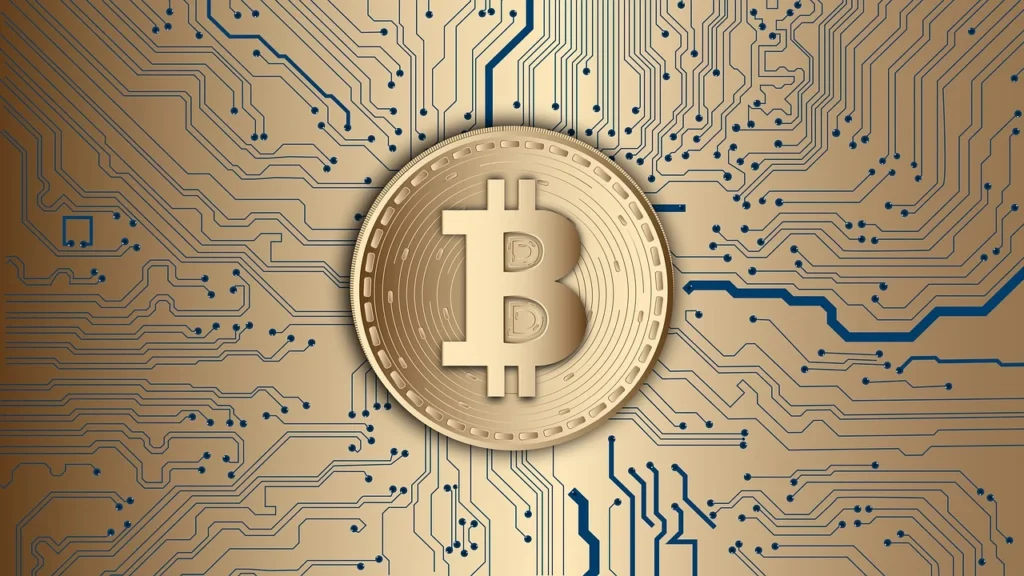
Pakistan is taking a bold step into the future of digital finance with the introduction of the Virtual Assets Bill 2025. Senator Dr. Afnan Ullah Khan has presented this bill to regulate virtual assets like cryptocurrencies and blockchain technologies. If passed, the bill will also pave the way for launching a Digital Rupee, backed by the Pakistani Rupee (PKR), under central bank guidelines.
This bill aims to create a secure system for using, trading, and issuing virtual assets in Pakistan. It will ensure financial stability, protect investors, and prevent illegal activities. By setting up virtual asset zones, the government plans to support innovation while establishing a legal framework to recognize the Digital Rupee as legal tender.
To keep the virtual assets market safe and trustworthy, the bill proposes strict rules for registering and licensing virtual currency exchanges and service providers. Businesses will need to follow anti-money laundering (AML) and counter-terrorism financing (CTF) rules, as well as undergo regular audits to maintain transparency and accountability.

A National Virtual Assets Regulatory Commission will be set up to manage the industry. This commission will oversee virtual assets, evaluate their risks, and ensure smooth operations in virtual asset zones. The commission will also develop rules, monitor compliance, and enforce penalties for violations.
The bill also introduces the concept of virtual asset zones, which will be set up in regions with unused or renewable energy resources. These zones will be licensed and regularly inspected to ensure compliance. The government is making it easier for businesses to operate in these zones by offering tax incentives and lower corporate taxes for the first five years.
To attract foreign investment, the government plans to offer three-year tax exemptions to international investors and entities that support local blockchain projects or energy resources. A portion of the revenue from virtual assets will also go toward infrastructure development and blockchain education.
If passed, this bill could transform Pakistan into a hub for blockchain and cryptocurrency innovation, ensuring a bright future for the country’s digital economy.
Read Also: Lahore Introduces QR Code Technology for Easy Degree Verification!


